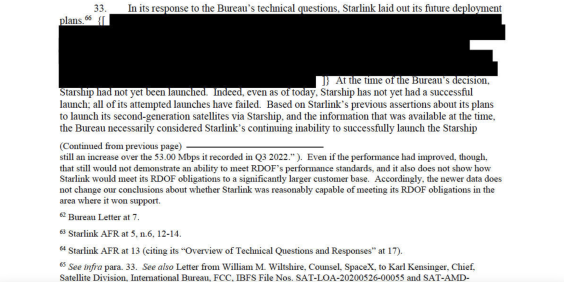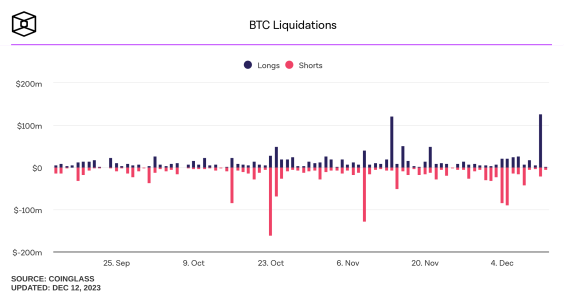This is not investment advice. The author has no position in any of the stocks mentioned. Wccftech.com has a disclosure and ethics policy.
NVIDIA Corporation's acquisition of British chip design house Arm caused a stir in the tech world first when it was rumored and then when it became official. Given Arm's near-ubiquity in the smartphone and low-power processing segment, and its growing presence in both the data center and supercomputing markets, the deal's regulatory approval comes with significant consequences for the tech industry.
Of particular importance is approval by authorities in China, who many believe might not let the deal follow through, leaving NVIDIA with limited options instead. On this front, a fresh report citing rumors states that several Chinese companies, including beleaguered Chinese telecommunications giant Huawei Technologies, are actively lobbying regulatory bodies in the East Asian country to either reject the deal or to accept it only conditionally.
Huawei, Other Chinese Companies Want Regulatory Bodies To Ensure Their Business With Huawei Remains Unchanged In Case of Approval
Trade tensions between the United States and China have spilled over in the tech world, especially as the U.S. Department of Commerce added Huawei to its Entity List and expanded the scope of American sanctions against the company that stripped it of its ability to secure advanced processors from Taiwanese manufacturer TSMC. This stripped the company of its ability to compete in the high-end, flagship smartphone industry.
Gauging the nature of today's rumors reveals that similar concerns appear to be on Huawei's mind when evaluation NVIDIA's intent to acquire Arm. The details of the report suggest Huawei is one of several Chinese companies that are pushing China's State Administration for Market Regulation to ensure its ability to use Arm's designs remains unhampered in case the body approves the acquisition.
If this does not happen, then Huawei and other companies want the regulatory body to reject the deal and contribute to it falling apart. In such a scenario, NVIDIA will have the option to remove Arm from the Chinese market altogether and strip the country of the integral design backbone of today's tech industry.

The tactics stem from Chinese companies' fears that they might be cut off from using Arm's designs in case the acquisition secures regulatory approval from all international bodies. Huawei not only uses Arm's designs to manufacture its Kirin smartphone processors, but it also uses them in its server and artificial intelligence processors.
When asked for comment, Huawei's representatives declined to reply and NVIDIA directed Sina's reporters to recent statements made by the company's chief executive officer Mr. Jen-Hsun Huang where he expresses his optimismfor the deal's ability to secure regulatory approval. Mr. Huang, along with Arm chief Simon Segars spoke at the design house's developer conference earlier this month, where the NVIDIA executive elaborated his company's plans and objectives surrounding the acquisition in detail.
Regulatory approval is key for the deal to follow through, and should bodies in the United Kingdom also join China in a potential rejection, then NVIDIA will have no choice but to abandon ship. Unions on the far side of the Atlantic have raised concerns about the deal affecting British national security and displacing jobs if NVIDIA decides to significantly change Arm's business and operating models.
In his keynote at the developer summit, NVIDIA's CEO assured watchers that Arm will be left to operate in the manner that it currently does, as he expressed his admiration for the British designer's ability to provide products that are used in a vast variety of tech sectors. NVIDIA plans to leverage Arm's customer base for expanding its GPU presence and target the growing artificial intelligence sector through the acquisition stated Huang at the summit.













